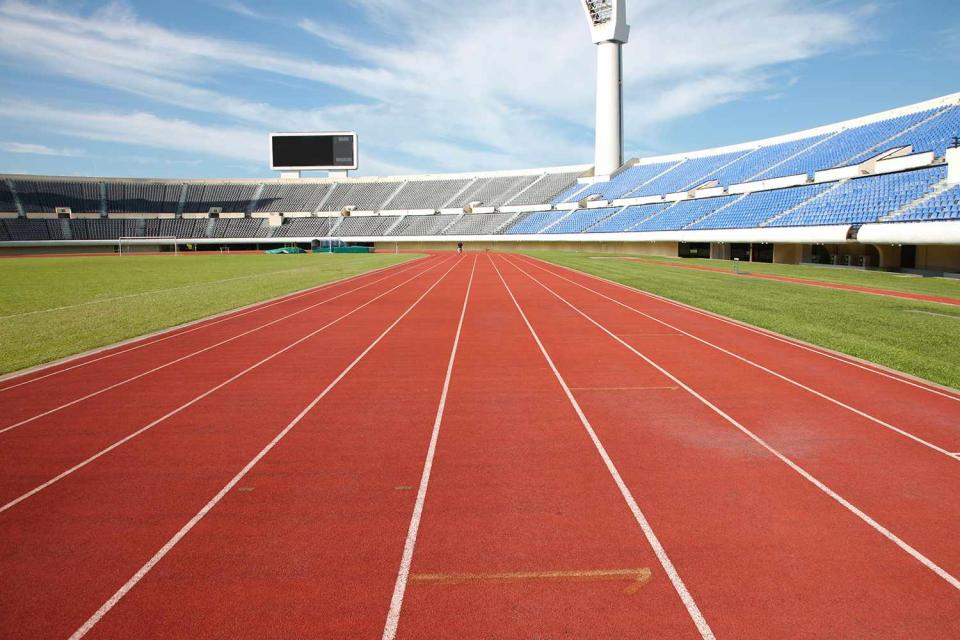World Athletics Council Excludes Transgender Women from Female Events
Athletes who have experienced "male puberty" will no longer be eligible to compete in women's track and field events

World Athletics (WA) is banning transgender athletes from competing in women's track and field events if they have been through "male puberty."
The new rules will take effect from March 31 and apply to male-to-female athletes. A statement from the governing body Thursday said "the council decided to prioritize fairness and the integrity of the female competition before inclusion."
World Athletics President, Lord Sebastian Coe told a press conference in Monaco that "the issue is thorny" and "we're not saying no forever."
"Decisions are always difficult when they involve conflicting needs and rights between different groups, but we continue to take the view that we must maintain fairness for female athletes above all other considerations," Coe continued in an official published statement.
The WA president added that the "integrity of the female category in athletics is paramount" and that the governing body "will be guided in this by the science around physical performance and male advantage which will inevitably develop over the coming years."
Related:Swimmer Lia Thomas Becomes First Openly Transgender Athlete to Win Division I National Championship
"As more evidence becomes available, we will review our position," the double Olympic champion added in the statement, which also said that there are no transgender athletes currently competing internationally in athletics.
Aside from the ban, WA agreed to a 12-month working group that would further consider issues of transgender inclusion. The council also revealed that its new regulations were decided after a two-month consultation with "member federations, the Global Athletics Coaches Academy and Athletes' Commission, the IOC (International Olympic Committee) as well as representative transgender and human rights groups."
On Thursday, the council also announced new rules surrounding the eligibility of athletes with Differences of Sexual Development (DSD).
These new regulations will require DSD athletes to reduce their testosterone levels below a limit of 2.5 nanomoles per liter for a minimum of 24 months to compete internationally in the female category of any event.
Never miss a story — sign up for PEOPLE's free daily newsletter to stay up-to-date on the best of what PEOPLE has to offer, from juicy celebrity news to compelling human interest stories.

The council said "interim provisions will be introduced" for athletes who are already competing but did not meet the new DSD regulations. This would impact two-time Olympic 800-meter champion Caster Semenya and Olympic 200-meter silver medalist Christine Mboma.
World Athletics' latest decision follows a June 2022 ruling from swimming's governing body World Aquatics, which banned transgender women from female competitions if they experienced male puberty.
Related:New Zealand's Laurel Hubbard Will Be First Openly Transgender Athlete to Compete at Olympics
Meanwhile, the World Surfing League announced earlier this year it would allow transgender athletes to compete if they maintained a certain testosterone level for 12 months, a decision which was met with backlash from professional surfer Bethany Hamilton.
The ruling from WA was criticized by Stonewall, a U.K. charity group dedicated to gay, lesbian, bisexual, and transgender rights.
In a statement, Stonewall said the WA decision was "so disappointing" and "their own statement recognizes that there are no trans women competing at an international level and that they have no specific evidence to justify the ban."
For more People news, make sure to sign up for our newsletter!
Read the original article on People.

 Yahoo Movies
Yahoo Movies 
